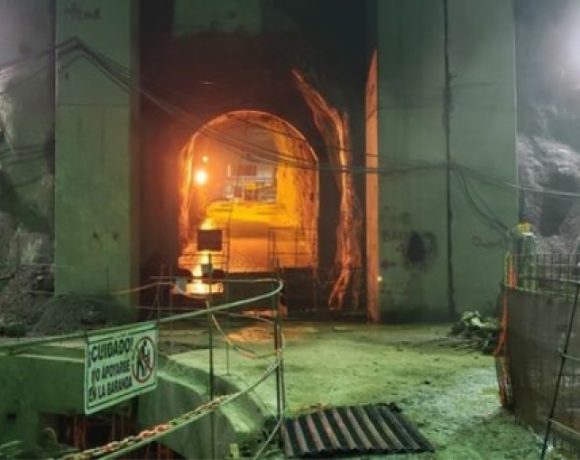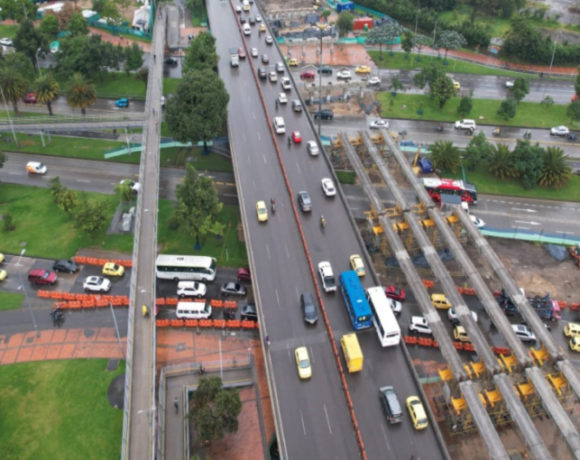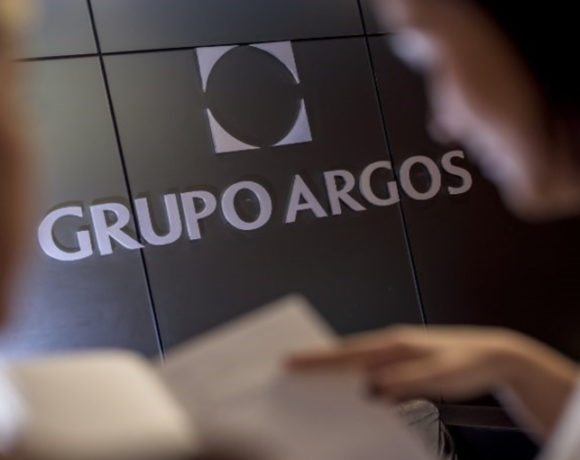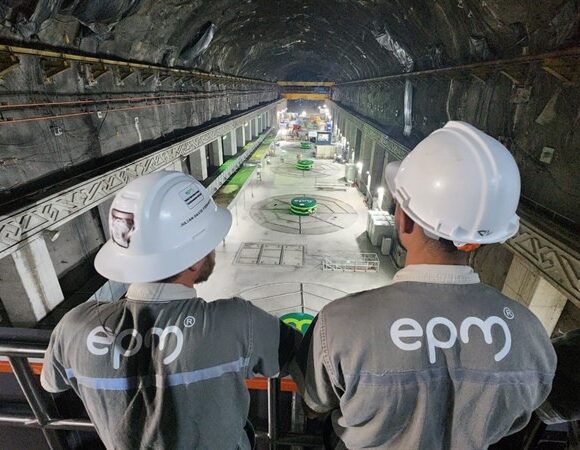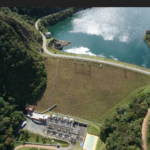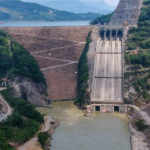Cementos Argos 1Q 2022 Profits Fall 60% Year-on-Year
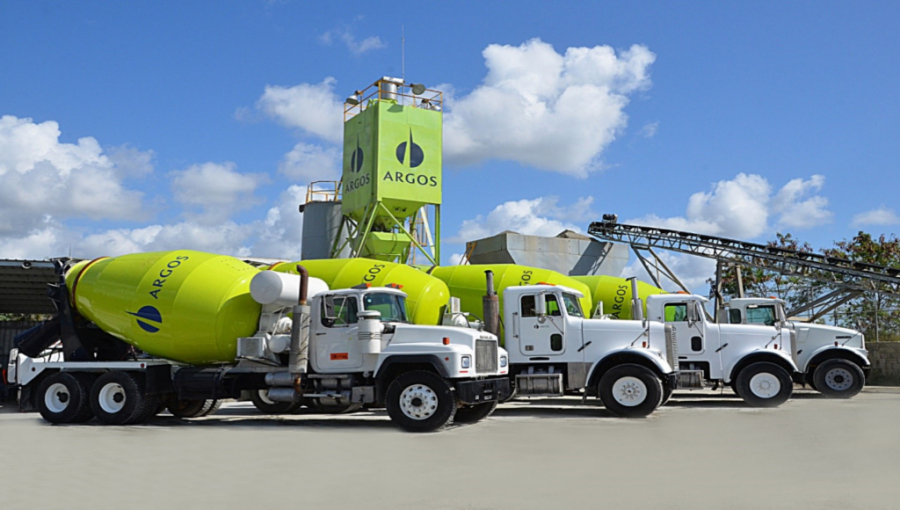
Medellin-based multinational cement/concrete giant Cementos Argos announced May 9 that its first quarter (1Q) net income dropped 60.6% year-on-year, to COP$55 billion (US$13.46 million).
Adjusted earnings before interest, taxes, depreciation and amortization (EBITDA) also dipped 17.8%, to COP$437 billion (US$107 million), but gross revenues actually increased 11.2% year-on-year, to COP$2.57 trillion (US$629 million), according to the company.
Cementos Argos produces cement and ready-mix concrete (RMC) in 16 countries including the U.S., Colombia, and Caribbean-Central America (CCA) region, with total annual capacity of 23.1 million tons of cement and 14.7 million cubic meters of concrete.
Explaining the profits dip, Argos cited cost increases of COP$395 billion (US96.7 million), whereas price increases didn’t keep pace, at COP$330 billion (US$80.7 million).
“Cost increases were mainly related to raw materials and energy, which had a consolidated negative impact of COP$120 billion [US$29 million] and COP$80 billion [US$19.5 million] respectively. Other costs associated with freight, distribution, maintenance and labor also impacted the cost of sales,” according to the company.
On the upside, “dynamic conditions in our key markets have led to the continuation of a solid volume performance and the highest sequential cement price increase in the last seven years, allowing us to achieve all-time high quarterly revenues,” according to the company.
“Cement dispatches decreased 1%, while ready mix volumes increased 6.3% on a comparable basis year over year,” the company added.
U.S. Volumes Rise
In its U.S. operations, Cementos Argos realized “annual increases in cement and ready-mix volumes of 7.3% and 2.6%, respectively on a comparable basis. Prices across the region were increased in January and generated a 9% increase in the cement business and 9.5% in ready-mix,” according to the company.
“We remain optimistic regarding the willingness of the current [U.S.] government to close the gap of underinvestment in infrastructure, through the approved bipartisan infrastructure bill that will come into effect in the mid to long term,” according to the company.
Colombia Exports Rise 31%
In Colombia operations, cement volumes were flat year-on-year, but exports rose 32.3%. Ready-mix concrete sales also rose 13.4% year-on-year, but adjusted EBITDA fell 18%, according to the company.
“The solid demand conditions in Colombia continued during the first three months of the year, driven by the retail segment, residential construction and infrastructure projects,” according to Argos.
“Despite lower-than-expected volumes during the first few weeks of the year, we evidenced a strong recovery, which led to reaching in March the highest figure of monthly cement dispatches for Cementos Argos during the past five years.
“The residential segment in Colombia continues delivering positive signals. During the quarter, social and non-social housing sales grew 6.4% and 5.5% respectively year-over-year, despite a challenging comparison base. Additionally, housing starts grew 11% and remain on the highest level in seven years.
“On infrastructure projects, we remain optimistic due to the positive advances being made on ‘fourth-generation’ [4G] projects, 5G projects that are expected to begin their construction phase by 2023, the Bogota Metro which is underway and is projected to generate an important demand during the next three to four years, and other projects such as Puerto Antioquia, a port located in the Uraba region with an estimated investment of US$700 million, that is currently set to begin its construction phase and its contract is in the process of being awarded to bidders,” the company added.
Caribbean-Central America Region Prices Rise
“Positive market conditions in the [Caribbean-Central America] region continued, leading to the continuation of solid pricing dynamics. Cement prices increased double-digit sequentially and 6% year over year,” according to Argos.
However, “cement dispatches decreased 11% compared to the same period of last year, due to operational difficulties in Haiti and Dominican Republic, the government transition in Honduras and lower trading volumes.
“In Honduras, cement dispatches for the quarter were 9% lower versus the same period of last year as self-construction remained strong but the transition to a new government slowed down demand in public infrastructure construction.
“In Dominican Republic we evidenced solid demand conditions but mechanical difficulties in our cement mill resulted in a 5% decrease in cement dispatches.
“Haiti experienced lower volumes during the quarter due to technical challenges at the plant and social unrest in the country combined with complications in fuel supply. Additionally, trading volumes decreased 11% during the quarter, mainly due to the increase in exports, which allowed us to supply our Puerto Rico operation from Cartagena, but we postponed two shipments due to high FOB prices,” the company added.

